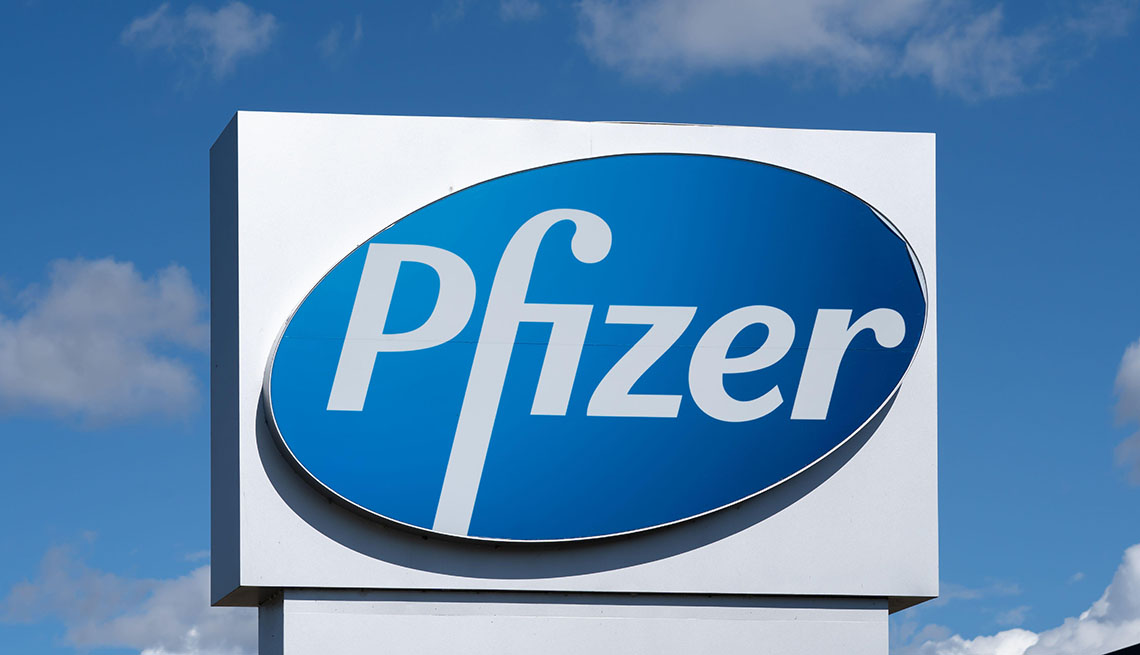Staying Fit
Drugmaker Pfizer issued a voluntarily recall of three prescription blood pressure medications — one name brand and two generics — due to the presence of elevated levels of a potentially cancer-causing impurity.
The impurity, N-nitroso-quinapril, was found in six lots of Accuretic, one lot of the generic form of quinapril and hydrochlorothiazide, and four lots of quinapril HCl/hydrochlorothiazide tablets.


AARP Membership— $12 for your first year when you sign up for Automatic Renewal
Get instant access to members-only products and hundreds of discounts, a free second membership, and a subscription to AARP the Magazine.
The recalled tablets were packaged in 90-count bottles and distributed to wholesalers and distributors across the U.S. and Puerto Rico from November 2019 to March 2022. Some expiration dates extend into 2024. Pfizer distributed Accuretic, the name-brand medication, and Greenstone, a subsidiary of Pfizer, distributed the generic tablets.
To date, Pfizer is not aware of any adverse reactions to the recalled drugs.
Last year, two blood pressure medications sold by Lupin Pharmaceuticals were recalled due to a similar cancer-causing impurity.
Recalled blood pressure medications
Accuretic (quinapril HCl/hydrochlorothiazide) tablets, 10/12.5 mg
- NDC: 0071-3112-23, lot No. FG5379, expiration date 08/24
- NDC: 0071-0222-23, lot No. EA6686, expiration date 04/22
Accuretic (quinapril HCl/hydrochlorothiazide) tablets, 20/12.5 mg
- NDC: 0071-5212-23, lot No. FG5381, expiration date 08/24
- NDC: 0071-0220-23, lot No. EA6665, expiration date 04/22
- NDC: 0071-0220-23, lot No. CN0640, expiration date 04/22
Accuretic (quinapril HCl/hydrochlorothiazide) tablets, 20/25 mg
- NDC: 0071-0223-23, lot No. ET6974, expiration date 02/23
Quinapril and hydrochlorothiazide tablets, 20/25 mg
- NDC: 59762-5225-9, lot No. FE3714, expiration date 02/23
Quinapril HCl/hydrochlorothiazide tablets, 20/12.5 mg
- NDC: 59762-0220-1, lot No. DN6931, expiration date 03/23
- NDC: 59762-0220-1, lot No. ED3904, expiration date 03/23
- NDC: 59762-0220-1, lot No. ED3905, expiration date 03/23
Quinapril HCl/hydrochlorothiazide tablets, 20/25 mg
- NDC: 59762-0223-1, lot No. DP3414, expiration date 02/23
Advice to patients
Patients who are taking the recalled medications should consult their health care provider or pharmacy to determine if they have the affected tablets and discuss alternative treatment options before stopping. Call toll-free 888-843-0247, Monday to Friday from 8 a.m. to 5 p.m. ET for instructions on how to return the recalled product and get reimbursed. Health care professionals can call Pfizer at 800-438-1985 with medical questions or to report adverse reactions.
Any adverse reactions or quality problems experienced with the use of these products may also be reported to the Food and Drug Administration’s MedWatch Adverse Event Reporting program online or by mail or fax using this downloadable form.
What are nitrosamines?
Long-term ingestion of N-nitroso-quinapril, a type of nitrosamine, may be associated with a potential increased cancer risk in humans. However, there is no immediate risk to patients taking the recalled medications, according to Pfizer.
Nitrosamines are present in water and foods such as cured and grilled meats, dairy products and vegetables. Although everyone is exposed to some level of nitrosamines, the FDA set an internationally recognized acceptable daily intake limit for the impurity. For drugs that contain levels above the acceptable daily intake limit, the FDA recommends they be recalled by the manufacturer as appropriate.
A person taking a drug that contains nitrosamines at or below the acceptable daily limit every day for 70 years is not expected to have an increased cancer risk, according to the FDA.
Aaron Kassraie writes about issues important to military veterans and their families for AARP. He also serves as a general assignment reporter. Kassraie previously covered U.S. foreign policy as a correspondent for the Kuwait News Agency’s Washington bureau and worked in news gathering for USA Today and Al Jazeera English.
































































